As a start-up employee, you probably received IPO stock as a part of your compensation package. While you keep putting in the hard work at your job, you might want to cash in your IPO stock to reward yourself. It can be tough trying to decide when the best moment is to sell. It can be more of an emotional decision than you may think. If you’re asking yourself “should I sell my IPO shares?”, keep reading for help trying to decide.
How To Choose The Best Selling Plan For You
There are three things to consider when deciding your selling plan:
- Risk: What level of risk you’re willing to take
- Taxes: The effect that selling stock can have on your tax bill
- How much you will owe in taxes depends on several factors:
- If you have ISOs, NSOs, or RSUs
- How long you held the stock
- The price you bought the stock
- How much the stock is worth when you sell
- Your state of residence
- Your income bracket
- How much you will owe in taxes depends on several factors:
- Emotional Wellbeing: Minimizing regret
Options for Selling Plans
Selling Your Stock ASAP:
Some of the best returns come from selling the stock immediately after the lock-up period ends and investing the proceeds in a diversified portfolio. The longer you hold onto the stock, the less you could be left with.
Take Care of Your RSUs:
If your company goes public and you still hold onto your RSUs after they vest, you could be making a mistake. There are very few tax advantages from holding RSUs so you are better off selling them as soon as they vest.
Schedule Your Sale:
While it’s in your best interest to sell as soon as you can, it can be scary letting go of that much stock at once. A better way to manage this is by deciding how much stock you want to sell upfront, then scheduling selling the same amount of stock each quarter.
You can decide the amount you want to sell upfront based on your personal financial goals. Whether you’re trying to get a down payment on a house and need an influx of cash or just want to put more into retirement, you can choose how much to sell at the beginning.
By selling a constant amount each quarter, you can benefit from dollar-cost averaging, which can allow you to get a larger amount of proceeds from the sale of the stock over time instead of trying to time the market just right.
If You’re Not Feeling Ready To Sell
If you’re worried about selling stock, remember the risk of having a majority of a single stock in your portfolio. Not having a diversified portfolio can be very risky. A diversified portfolio with different asset classes and industries can protect you from risk as some assets rise and others fall. A single asset class portfolio will not do nearly as well as a well-diversified investment portfolio.
Selling stock can be scary but having an experienced and trustworthy financial advisor on your side can ease your mind. Our advisors at Eagle Grove Advisors can walk you through the process and provide great advice on what actions to take. Give us a call today to get started.
Sources:
https://www.sify.com/finance/should-you-hold-on-to-an-ipo-on-listing-day-lessons-from-stock-that-gained-700-percent-news-equity-vhho7yhfjecjj.html https://www.secfi.com/learn/sell-pre-ipo-shares-private-company



